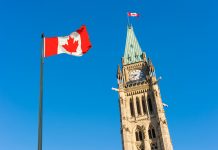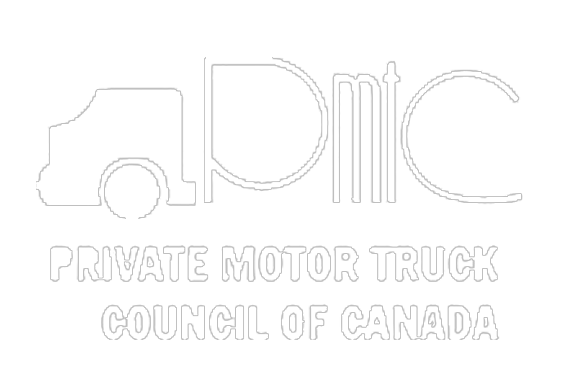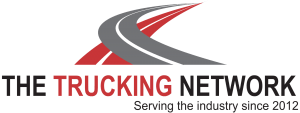Covid-19 has not only sickened the world population, it has also diseased the world
economy. Leading economist David Rosenberg told BNN Bloomberg (Business News
Network) that the aftereffects of Covid-19 on the world economy may be 10 times worse
than the 2008 recession. The physical health and well-being of the world population
may well be better in a year from now, but it may take the world economy 4 or 5 years
to recover fully from the global coronavirus pandemic. Collectively it seems we are all
asking a similar question “how can we survive the economic impact of Covid-19?” It has
become so very personal for all of us.
This past week the International Monetary Fund said that Covid-19 is pushing world
economies into recession, but the economic impact is likely to be not fully known for
years. Governments and central banks around the world have quickly tried to ease the
economic impact of coronavirus. These are merely bandages to a deeper wound.
Unemployment, slowdowns in manufacturing and disruption to the supply chain have all
been part of the virus’s economic sickness. Yes, there very well may be a vaccine for
people in the next year or two, but the chance of a magic pill for the global economy
seem highly unlikely if not impossible.
Prior to Covid-19 “globalization” (defined as the growing interdependence of the world’s
economies, cultures, and populations, brought about by cross-border trade in goods
and services, technology, and flows of investment, people, and information.) was fueling
all economies. Indeed, we in Canada benefited from the numerous positives that
globalization offered. However, coronavirus has and will continue to negatively affect
globalization, which will in turn have a direct negative effect on Canada’s growth and
economic well-being moving forward.
Indeed, globalization has been one of the key drivers for the Canadian economy for the
past 10-20 years. Case in point, Canada, for the most part has had an open-door policy
for immigration. The spin off has been a major boost to urban housing markets, driving
prices, especially in Toronto and Vancouver, but other major Canadian cities have
benefited as well. The soaring prices have given us a sense of well-being and security.
However, in an era where globalization stalls, so too does immigration. This will cause
the wind to be taken out of the sails of our booming housing market. A bust in that
sector may very well affect us economically and emotionally. As it is seen as a key
indicator of our perceived national prosperity.
Any decrease in globalization translates to less trade, manufacturing, travel, and the
spinoffs affected by those sectors. Jobs will be lost. Effectively this means that
economic engines slow down and economies shrink. In terms of our Canadian
economy, the 3 driving segments are the service industry, manufacturing and natural
resource sectors. When Covid arrived the service industry immediately took a pandemic
hit and it will be a hard struggle to get it back to pre-COVID levels. Restaurants, hotels,
airlines, to name a few may take years to rebound. Let’s face it, for now, we will be
thinking twice before our next meal out or trip overseas. Manufacturing may return
quicker than the other sectors, but it too needs demand of product to drive the need for
goods. It’s simple, people won’t spend if they don’t have money in their pockets to do
so.
But there’s more. Oil prices were weak before the pandemic. Canada’s oil industry was
already suffering from the low global price of oil. Alberta’s economy was tanking. The oil
industry directly affects Canada’s economy and fluctuations in oil prices also cause
fluctuations in the value of the Canadian dollar. With some analysts saying our GDP
(gross domestic product) may be reduced because of coronavirus by up to 40%, the net
result may mean a Canadian dollar worth 60 cents instead of the present-day value of
74 cents. There is little wiggle room for our government to support that industry with
everyone else with their hands out looking for help and charity.
Everything that once seemed all so very routine and normal in our lives has been quite
suddenly and unexpectedly turned upside down. Covid represents a quantum leap or
change in everyone’s lives. No doubt, from now on we will be rethinking most everything
we do outside of the home. Simple human sociological habits such as shaking
someone’s hand, giving them a hug or a greeting kiss may well become some form of
former ritual or in the worst case a social tabu.
As we adjust to our new world and our new lives we have to consider the concept of
workplace, where now, for many, their office may not be some corporate office in an
office building, but in fact a room in your home from where you conduct your job
remotely. The spinoffs of that though will also have an impact on the economy. For
example the bus you take to and from work won’t have you on it and the coffee or lunch
shop downtown will suffer from your lack of patronage. Of course, this leads to fewer
jobs in the service sector as well as unfilled downtown office building space, which
would also impact real estate property further.
London UK based global information provider IHS Market predicts there will be a wave
of business bankruptcies and cautious spending by consumers trying to repair their
household finances and uneasy about resuming old habits that drive economic growth
shopping, eating out, booking vacations and going to the cinema. Of course, this means
loss of jobs in many of these sectors, further impacting economic rebound. Out of
England news comes that the local pub, a tradition for centuries and one that has
survived through wars and depressions may have been struck a fatal blow by the
coronavirus. Proof that the virus knows no boundaries or social structure. It is purely up
to us to adapt to this new reality that it has caused.
Governments have been working overtime analyzing this swift kick to the economy’s
mid-section. The short-term solution has been massive infusions of cash to maintain
faltering economies, businesses and households. It is certain that as we emerge from
the emergency room and nurse ourselves back to economic health, we shall see
considerably more government stimuli to boost the economy in all sectors.
As we all individually struggle adjusting to whatever is the “new normal” it seems
evident that our lives have collectively become less structured, perhaps even simplified.
We are learning that yes, less is more. That community and friendship and family are
important, more so than ever. Perhaps we may have more patience for others and
greater respect for everyone’s space and their struggles to get by in more difficult times.
There are more lessons to be learned, but for now, survival is key. One could say that
not only for our individual lives, but also the livelihood and well-being of our Canadian
economy and in extension, the global economy.
There is no doubt that our futures are more uncertain than it has been at any time since
perhaps the end of WW2. The law of the jungle says that it is the strong that survive.
Perhaps from an economic point of view you could say the same, it is the strong that will
survive and by extension those that can adapt to change, for surely things have
changed in a global heartbeat. Let’s hope that In Canada we are fortunate to have a
wealth of resources and an influential position in the economic Group of 7 countries. For
Canada to succeed and rebound we shall need wise governance, creative and
ingenious business entrepreneurship, mixed with a common sense of community and
perhaps a sprinkling of good luck and good health too.

